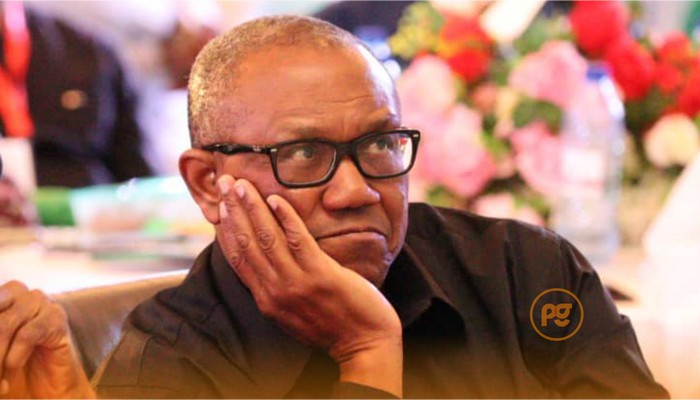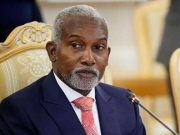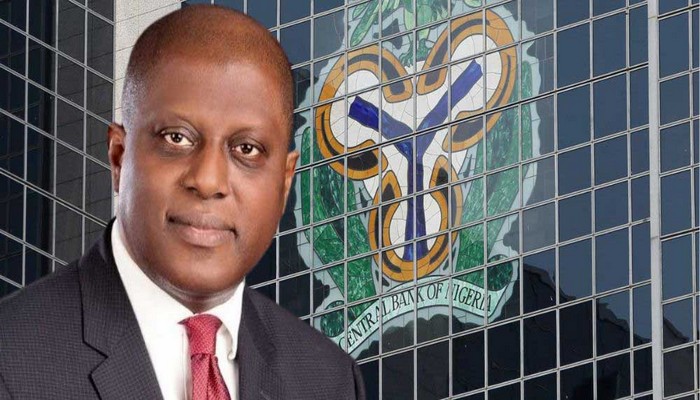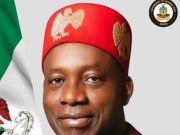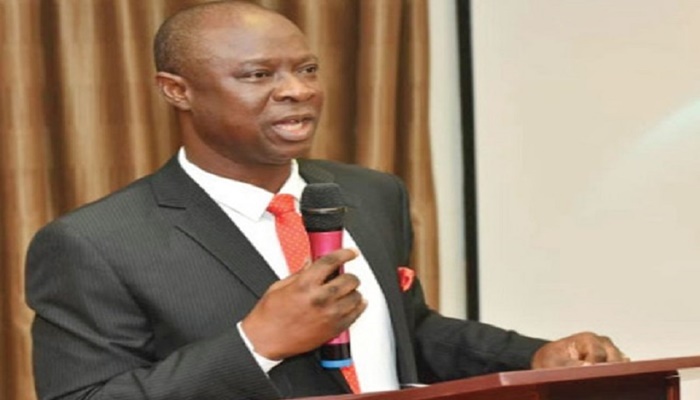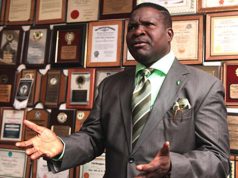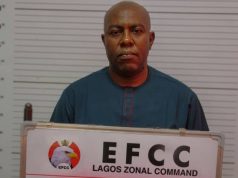The Nigeria Employers Consultative Association (NECA) has said that Nigeria’s huge external debt servicing bill is standing in the way of moves by government to expand the economy.
The Director-General of NECA, Timothy Olawale, said in a statement on Tuesday titled Salvaging the Nigerian Economy from Total Collapse: A Call for Urgent Action that debt servicing was eroding the funds required for investment and infrastructural development in the country.
The statement states that the revised 2020 budget indicated that Nigeria spent N3 trillion on debt servicing, representing 27 per cent of the total expenditure and 35.6 per cent of the revenue.
According to the 2021 budget approved by the National Assembly on Monday, the Nigerian government also intends to spend N3.3 trillion or 25.4 per cent of its spending plan for next year on debt servicing, “With all the borrowings, there seems to be insignificant impact in some economic objectives as there is still widespread unemployment, high poverty levels, poor infrastructural development and poor health indicators,” Olawale said.
He added that the debt servicing provisions to revenue projections in the country’s yearly budget over a five-year period showed that 38.34 per cent was allocated for debt servicing in 2016, 36.2 per cent in 2017, 30.7 per cent in 2018, 32.14 per cent in 2019 and 35.6 in 2020.
“This is not only worrisome but alarming. We believe that the growth of external debt stock and debt service payments is becoming a clog in the wheel of national economic growth efforts.
“Once an initial stock of debt grows to a certain threshold, servicing them becomes a burden with debt crowding out investment and growth.
“It is obvious that if the growing trend is unabated, Nigeria could face the gory experience of Greece (Euro-zone crisis of 2015),” the NECA chief said.
He went further to say borrowing to fund recurrent expenditures would not help the country’s image and recommended that public debts should be tied specifically to capital projects with viable income and debt repayment potential.
Olawale also called on government to dispose of some of its assets lying fallow and comatose or concession them in a bid to pare down its debt portfolio.
“As there is no one-size-fit-all approach in salvaging an economy faced with multi-faceted challenges like ours, we suggest a mix of fiscal, monetary and trade policies with political will in delivering the necessary actions,” he said.




